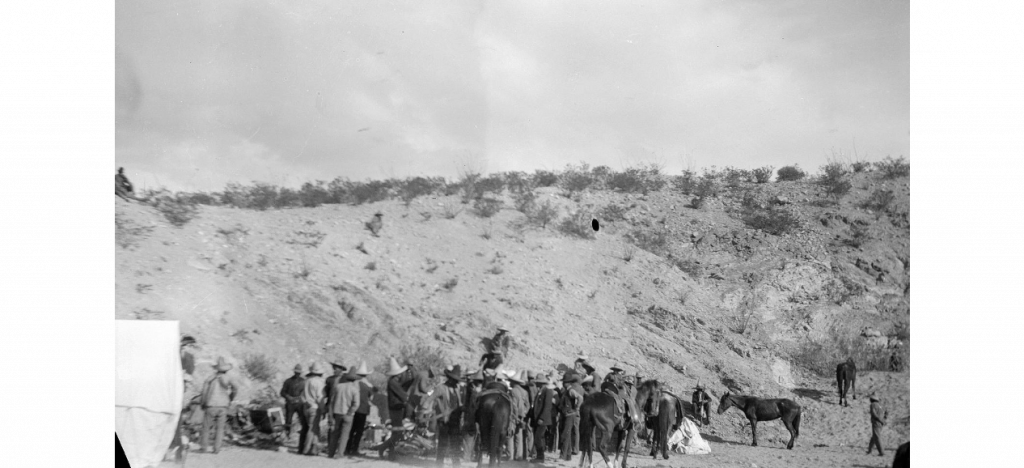HAHR Forum on Contemporary Bolivia and History
Carmen Soliz is an assistant professor of Latin American history at University of North Carolina at Charlotte. Her article “‘Land to the Original Owners’: Rethinking the Indigenous Politics of the Bolivian Agrarian Reform” appeared in HAHR 97.2. Evo Morales: His Political and Economic Legacy Evo Morales first came to power in 2005 with the support of a coalition of multiple social sectors. His most important support came from the coca leaf growers (cocaleros) in the Chapare region. The cocaleros …






